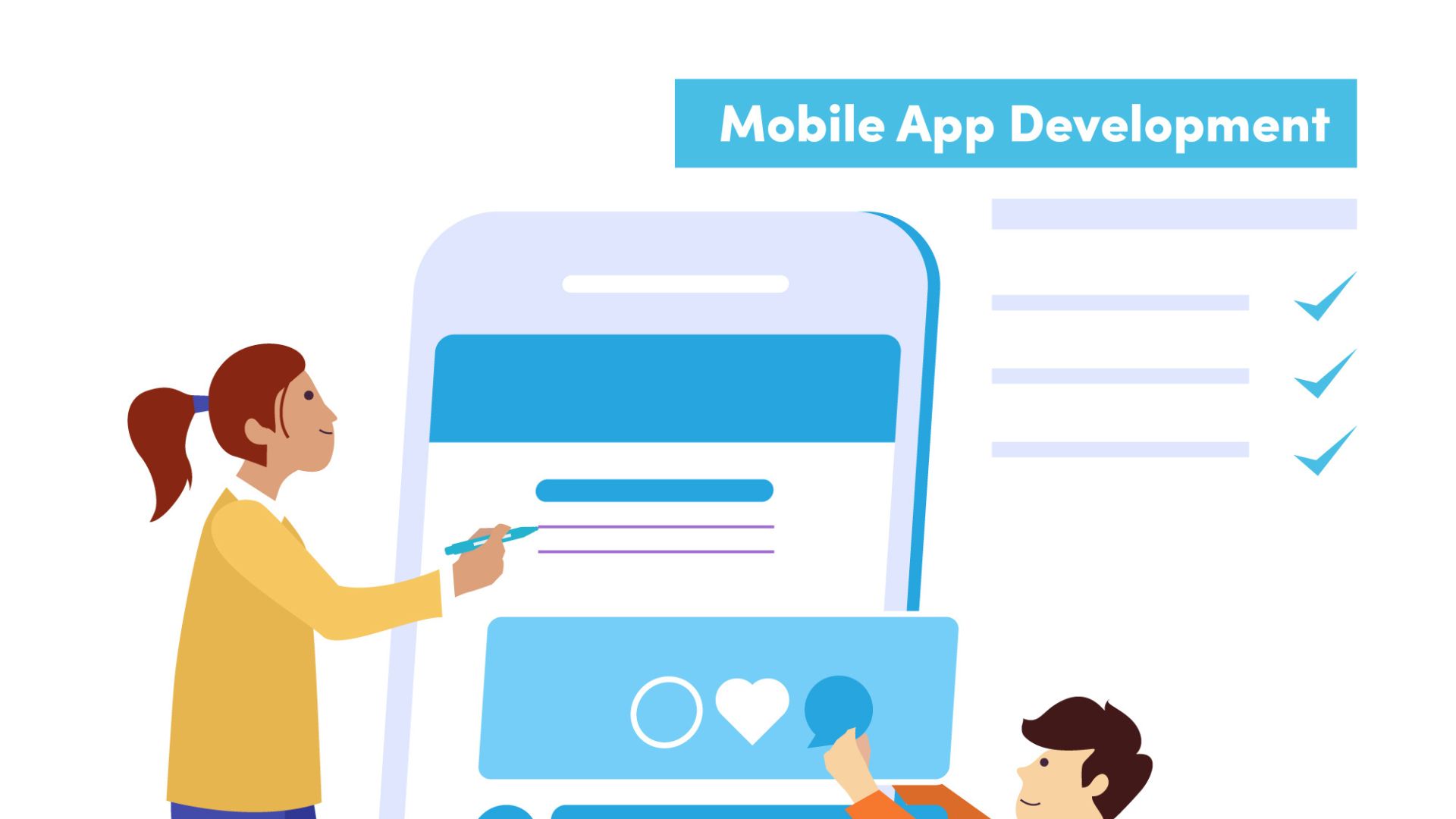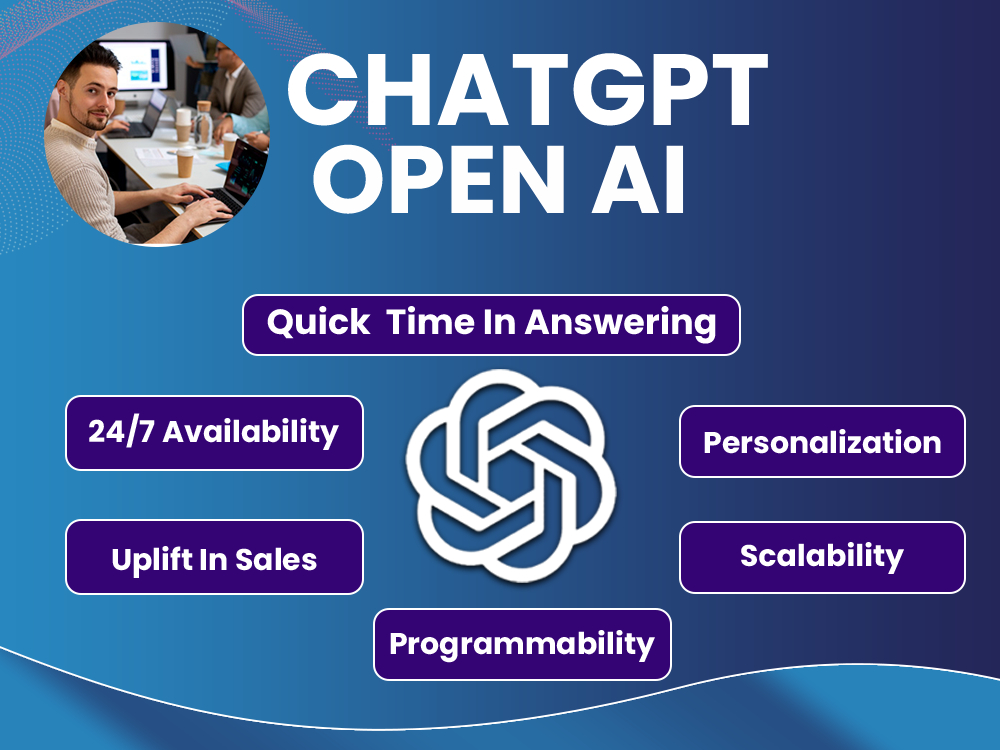
Choosing the right platform for your mobile app development project is a pivotal decision that can significantly impact the success and longevity of your application. It’s not merely about selecting between iOS and Android; rather, it involves a comprehensive analysis of various factors to ensure alignment with your project goals and target audience.
Firstly, understanding your target audience is paramount. Consider their demographics, preferences, and behavior patterns. For instance, iOS users are typically more affluent and willing to spend on apps, while Android users represent a broader, more diverse market. By knowing your audience, you can tailor your app to meet their specific needs and preferences, thereby maximizing its appeal and adoption rates.
Next, evaluate your app’s monetization strategy. iOS users are known to spend more on apps and in-app purchases compared to Android users. Therefore, if generating revenue through app sales or in-app purchases is a primary goal, prioritizing iOS development might be advantageous. On the other hand, if your app relies on advertising revenue or has a freemium model, Android’s larger user base might offer greater potential for monetization.
Consider the technical aspects of each platform as well. iOS development typically involves using Swift or Objective-C programming languages and adhering to strict design guidelines set by Apple. In contrast, Android development offers more flexibility in terms of customization and device compatibility but requires dealing with device fragmentation and varying screen sizes.
Furthermore, weigh the pros and cons of cross-platform development tools. Tools like React Native, Xamarin, and Flutter allow you to write code once and deploy it across multiple platforms, saving time and resources. However, they may come with limitations in terms of performance or access to platform-specific features.
Ultimately, the decision boils down to a careful balancing act between various factors such as target audience, budget, time constraints, and desired features. By thoroughly evaluating these considerations and aligning them with your project objectives, you can confidently choose the platform that best suits your mobile app development project, setting the stage for success in the competitive app market.
How to Choose the Right Platform for Your Mobile App Development Project:
Moreover, consider the ecosystem surrounding each platform. iOS offers seamless integration with other Apple devices such as the Apple Watch, iPad, and Mac, which can enhance user experience and extend your app’s reach across multiple devices. Android, on the other hand, provides a more open ecosystem, allowing for greater customization and innovation but requiring careful consideration of device fragmentation and compatibility issues.
It’s also crucial to think about long-term scalability and maintenance. While iOS development may offer a more streamlined and standardized environment, Android’s fragmentation can pose challenges in terms of ongoing updates and support for older devices. Factor in the resources and expertise required to maintain and update your app on each platform over time.
Furthermore, seek feedback from stakeholders and conduct market research to validate your platform choice. Engage with potential users through surveys, focus groups, or beta testing to gather insights and iterate on your app’s design and functionality. By involving stakeholders early in the decision-making process, you can ensure buy-in and alignment with project goals, leading to a more successful app launch and post-launch engagement.
In conclusion, choosing the right platform for your mobile app development project requires a comprehensive analysis of various factors, including target audience, monetization strategy, technical considerations, ecosystem integration, scalability, and stakeholder feedback. By carefully weighing these considerations and making informed decisions, you can maximize the potential for your app’s success in the competitive mobile landscape.
Right Platform for Your Mobile App
Choosing the right platform for your mobile app development project is a pivotal decision that can significantly impact the success and trajectory of your application. The platform you choose determines not only the user experience but also the development process, maintenance requirements, and scalability of your app. When deliberating between platforms such as iOS, Android, or cross-platform solutions, several crucial factors come into play. For iOS development, considerations revolve around the affluent user base and higher app monetization potential, alongside seamless integration with other Apple devices.
Conversely, Android’s broader market reach, particularly in emerging economies, offers a compelling advantage, albeit with challenges such as device fragmentation and varied hardware specifications. Moreover, the emergence of cross-platform development tools like React Native, Xamarin, and Flutter presents an enticing option for developers seeking code efficiency and faster time-to-market. However, evaluating the performance, community support, and compatibility of these tools with your app’s requirements is paramount.
Ultimately, the decision boils down to a thorough analysis of your target audience, budget constraints, development timeline, and long-term goals. By carefully weighing these factors, you can make an informed choice that sets your mobile app on the path to success in today’s competitive digital landscape.
Table of Contents
Factors to consider when choosing a mobile app development platform
When embarking on the journey of mobile app development, choosing the right platform is a decision of paramount importance. Several factors warrant careful consideration to ensure the success and effectiveness of the app. Firstly, understanding the target audience is crucial. Different platforms cater to distinct demographics, with iOS often appealing to more affluent users and Android boasting a wider market share, particularly in developing regions. Secondly, the app’s features and functionalities play a significant role.
Some platforms offer more extensive integration capabilities with specific hardware or software, such as iOS with Apple’s ecosystem of devices. Moreover, development costs and resources must be weighed, as iOS development typically requires investment in Mac hardware and software licenses, while Android development may necessitate testing across a multitude of devices due to fragmentation. Time to market is another critical factor. iOS apps generally have a shorter approval process compared to Android, potentially accelerating the launch timeline. Additionally, consider the long-term scalability and flexibility of the chosen platform.
Will it accommodate future updates and expansions seamlessly? Finally, the monetization strategy should not be overlooked. While iOS users tend to spend more on apps, Android’s larger user base may present greater revenue opportunities through ad-supported models. By carefully evaluating these factors, developers can make an informed decision that aligns with their app’s goals, target audience, and budget constraints.
Introduction to choosing the right platform
Choosing the right platform for your mobile app development project is a critical decision that can significantly impact the success of your endeavor. It’s akin to laying the foundation for a building; a solid platform ensures stability, scalability, and ultimately, user satisfaction. The platform you choose will determine not only the technical aspects of development but also the user experience, market reach, and potential for growth.
Before diving into the development process, it’s essential to conduct thorough research and analysis to understand the unique requirements of your project and the preferences of your target audience. Factors such as the demographic profile of your users, the features and functionalities of your app, and your budget and timeline constraints all play a crucial role in guiding your platform selection. Additionally, consider the ecosystem surrounding each platform, including app store policies, developer tools, and community support.
Whether you opt for iOS, Android, or cross-platform development, each option comes with its own set of advantages and challenges. By carefully evaluating these factors and aligning them with your project goals, you can make an informed decision that sets the stage for success in the competitive world of mobile app development.
Considerations for iOS app development
When delving into considerations for iOS app development, it’s imperative to understand the unique dynamics of the iOS ecosystem. Firstly, it’s crucial to recognize the distinct demographics often associated with iOS users. Typically, iOS users are perceived as more affluent and willing to spend money on premium apps and in-app purchases.
Therefore, if your target audience aligns with this demographic, iOS may be the preferred platform for your app. Additionally, the seamless integration with other Apple products such as the Apple Watch and iPad can be a significant advantage for certain types of apps, particularly those focusing on health, productivity, or creativity.
However, it’s essential to balance these advantages with the potential limitations of iOS development. The stringent App Store review process, while ensuring high-quality apps, can also lead to longer approval times and stricter guidelines for app features and content. Moreover, the closed nature of the iOS ecosystem can limit customization options and innovation compared to the more open Android platform.
Thus, when considering iOS app development, it’s crucial to weigh these factors carefully, considering your target audience, monetization strategy, and compatibility with other Apple devices, to make an informed decision that aligns with your app’s goals and objectives.
Considerations for Android app development
When delving into Android app development, several key considerations demand attention to ensure a successful project. Firstly, acknowledging the extensive market share of Android devices is crucial; with a diverse user base spanning various demographics and geographical regions, this platform offers unparalleled reach. However, this vast landscape comes with its challenges, notably device fragmentation. Unlike iOS, which operates on a limited range of Apple-manufactured devices, Android runs on numerous devices from various manufacturers, each with its screen sizes, resolutions, and hardware specifications.
This fragmentation necessitates thorough testing and optimization across a wide array of devices to ensure consistent performance and user experience. Additionally, the open-source nature of the Android platform presents opportunities for customization and innovation. Developers have the freedom to experiment with different features, integrate with third-party services, and tailor the app experience to meet the diverse needs of users. However, this openness also entails the risk of security vulnerabilities and compatibility issues, requiring vigilant attention to security protocols and rigorous testing procedures.
Balancing the opportunities and challenges inherent in Android app development demands a strategic approach, encompassing thorough market research, meticulous planning, and continuous iteration to deliver a compelling and successful app experience.
Cross-platform development tools
Cross-platform development tools have revolutionized the mobile app development landscape by offering developers the ability to write code once and deploy it across multiple platforms. These tools, such as React Native, Xamarin, and Flutter, provide a cost-effective solution for businesses aiming to reach a broad audience without the need to develop separate apps for each platform.
One of the primary advantages of cross-platform development is code reusability, allowing developers to write a single codebase that can be deployed on both iOS and Android platforms, significantly reducing development time and costs. Additionally, cross-platform tools often come with built-in features and libraries that streamline the development process, enabling developers to create high-quality apps with less effort.
Moreover, cross-platform development tools offer excellent performance, rivaling that of native apps. Advanced frameworks like React Native utilize native components, resulting in apps that look and feel like native applications while maintaining a single codebase. This approach not only ensures a consistent user experience across platforms but also enables developers to leverage platform-specific features when necessary.
Community support is another crucial aspect of cross-platform development tools. With a vast community of developers actively contributing to the ecosystem, developers can find solutions to common challenges, access libraries and plugins, and stay updated on the latest industry trends and best practices. This vibrant community ensures that developers have the resources and support they need to build successful cross-platform apps.
Furthermore, cross-platform development tools offer flexibility and scalability, allowing businesses to adapt to changing market demands and scale their apps as needed. Whether it’s adding new features, supporting additional platforms, or optimizing performance, cross-platform tools provide the flexibility to evolve with the app’s requirements over time.
In conclusion, cross-platform development tools have emerged as a game-changer in the mobile app development industry, offering developers a cost-effective, efficient, and scalable solution for building high-quality apps across multiple platforms. With their focus on code reusability, performance, community support, and flexibility, these tools empower developers to create compelling mobile experiences that resonate with users across the globe.
Finalizing the platform for your project
Finalizing the platform for your project is a pivotal decision that can significantly impact the success and trajectory of your mobile app endeavor. It’s not merely about selecting a platform; it’s about strategically aligning your project with the platform that best serves its goals and objectives. This involves a comprehensive evaluation of various factors, including development costs, time to market, user experience goals, and long-term scalability.
Each platform offers its own set of advantages and challenges, and it’s essential to weigh these carefully against your project’s specific requirements. Considerations such as target audience demographics, market reach, monetization strategies, and integration capabilities with other devices or services should all be taken into account. Additionally, factors like ease of development, maintenance overheads, and available resources must be carefully evaluated.
Ultimately, the goal is to choose a platform that not only meets your immediate development needs but also sets your app up for long-term success in a dynamic and competitive mobile landscape. By making a well-informed decision and aligning your platform choice with your project’s goals, you can maximize your app’s potential and increase its chances of achieving widespread adoption and acclaim.
Pros and cons of iOS and Android app development

When it comes to the pros and cons of iOS and Android app development, there are several key factors to consider. iOS offers a tightly controlled ecosystem, providing developers with a consistent hardware and software environment to work with. This can result in smoother app performance and higher user satisfaction, particularly for premium or niche markets.
Additionally, iOS users are known for their higher engagement and willingness to spend on apps, making it an attractive platform for monetization. However, the stringent app review process and strict guidelines can lead to longer approval times and limitations on app functionality, potentially hindering innovation.
On the other hand, Android boasts a larger market share globally, offering developers access to a broader audience, particularly in emerging markets. The platform is known for its openness, allowing for greater customization and innovation. Developers have more flexibility in terms of app features and functionality, and the Google Play Store has fewer restrictions compared to the Apple App Store.
However, the diverse range of Android devices and versions leads to fragmentation issues, making it challenging to ensure consistent app performance across all devices. Additionally, the monetization potential on Android can be lower due to factors like lower average revenue per user and higher piracy rates.
In summary, iOS and Android app development each have their own set of advantages and challenges. Developers must carefully weigh factors such as target audience, monetization strategy, development complexity, and market reach to determine the most suitable platform for their app project.
Best cross-platform tools for mobile app development
When it comes to mobile app development, choosing the right cross-platform tool is crucial for ensuring efficiency, scalability, and compatibility across different devices and operating systems. Among the plethora of options available, several stand out as the best cross-platform tools for developers. React Native, for instance, is widely favored for its ability to leverage JavaScript to build native-like mobile applications for both iOS and Android platforms.
Its popularity stems from its robust performance, extensive community support, and the ability to reuse code components across platforms, reducing development time and effort. Xamarin, on the other hand, appeals to developers proficient in C#, allowing them to create cross-platform apps with native user interfaces and seamless integration with device-specific features. Its tight integration with Visual Studio and comprehensive toolset make it a preferred choice for enterprises seeking high-performance, feature-rich applications.
Flutter, Google’s UI toolkit for building natively compiled applications, has gained traction for its fast development cycles, expressive UI, and hot reload feature, enabling developers to see changes instantly. Its single codebase approach, coupled with customizable widgets and extensive documentation, makes it an excellent choice for startups and businesses aiming for rapid prototyping and deployment.
Ultimately, the best cross-platform tool for your mobile app development project depends on factors like project requirements, team expertise, performance expectations, and long-term maintenance considerations. By carefully evaluating these factors and experimenting with different tools, developers can select the tool that best aligns with their project goals and maximizes their app’s potential.
Tips for selecting the right platform for your app project
When embarking on the journey of selecting the right platform for your app project, it’s imperative to tread carefully and thoughtfully. Your choice will not only shape the development process but also significantly impact the success and longevity of your mobile application. To ensure you make the most informed decision, consider a myriad of factors. Begin by understanding your target audience’s preferences and behaviors.
Are they predominantly iOS users, drawn to the sleek and curated environment of Apple’s ecosystem, or are they Android enthusiasts, appreciating the platform’s versatility and affordability? Delve into market research to grasp the demographics and tendencies of your potential users, allowing you to tailor your app’s platform to their needs and preferences. Additionally, contemplate your app’s monetization strategy.
iOS users are renowned for their willingness to spend on premium apps and in-app purchases, while Android’s broader reach might offer more opportunities for ad-based revenue models. Furthermore, assess your development team’s expertise and resources. Are they proficient in Swift and Objective-C for iOS, or are they more accustomed to Java and Kotlin for Android? If resources are limited, consider leveraging cross-platform development tools like React Native or Flutter to streamline development efforts and maintain consistency across platforms.
Moreover, factor in the ecosystem and integration capabilities of each platform. Apple’s ecosystem seamlessly integrates with other Apple devices, offering unique functionalities like Handoff and Continuity, while Android provides a more open environment for customization and innovation.
Ultimately, weigh these considerations against your project’s budget, timeline, and long-term scalability goals to make a well-informed decision. By meticulously evaluating these factors, you can confidently select the platform that best aligns with your app project’s objectives, setting the stage for success in the competitive world of mobile app development.
Unique FAQs Right Platform for Your Mobile App
- Is it possible to switch platforms during the development process?
- Yes, it’s possible but may involve significant time and effort, especially if the app is already in advanced stages of development. It’s essential to weigh the pros and cons carefully before making such a decision.
- Are there any limitations to cross-platform development tools?
- Cross-platform development tools may have limitations in accessing platform-specific features or optimizing performance for certain use cases. However, constant updates and improvements in these tools are addressing many of these limitations.
- How important is it to optimize the app for different devices and screen sizes?
- Optimizing the app for various devices and screen sizes is crucial for providing a seamless user experience across different platforms. Responsive design principles and thorough testing can help ensure compatibility and usability on a wide range of devices.
- What role does user feedback play in the platform selection process?
- User feedback can provide valuable insights into user preferences, behaviors, and expectations, helping inform the platform selection process. Incorporating user feedback early in the development cycle can help align the app with user needs and preferences.
- Is it possible to develop a successful app using hybrid app development frameworks?
- Yes, many successful apps have been developed using hybrid app development frameworks like Ionic and Xamarin. However, it’s essential to carefully consider the specific requirements and limitations of these frameworks to ensure optimal performance and user satisfaction.


